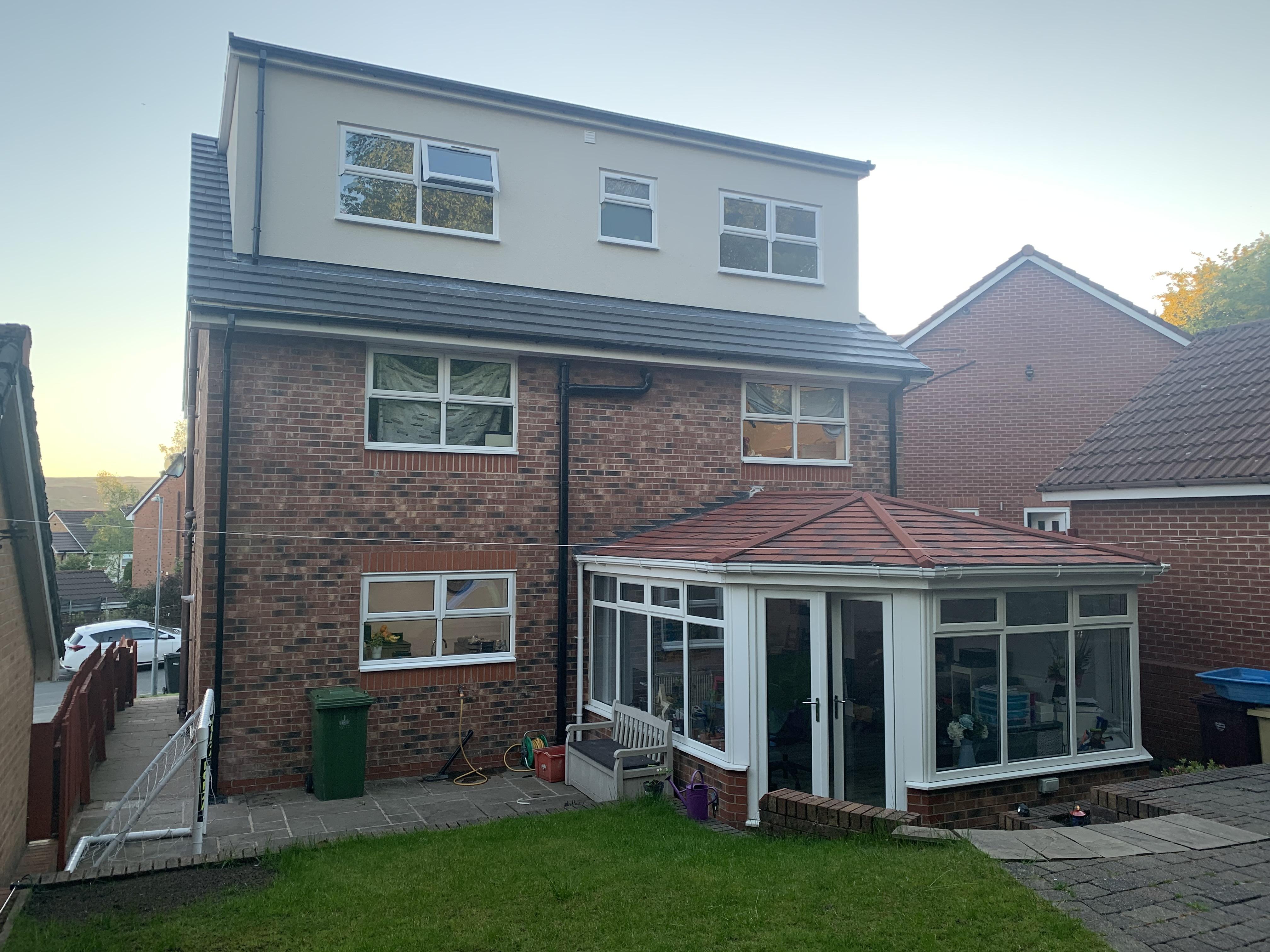Loft Conversions in Manchester: Costs, Benefits, and What to Expect

Loft conversions have become a popular solution for Manchester homeowners seeking to expand their living space without the upheaval of moving. By transforming underutilized attic areas into functional rooms, loft conversion in Manchester not only enhance the usability of a home but can also significantly increase its market value.
Understanding Loft Conversions
A loft conversion involves repurposing an existing attic or loft space into a habitable area, such as a bedroom, office, or playroom. This process typically includes reinforcing the floor, adding insulation, installing windows for natural light, and ensuring safe access via a staircase.
Types of Loft Conversions
The type of loft conversion suitable for your Manchester home depends on various factors, including the existing roof structure, available space, and budget. Common types include:
-
Velux (Rooflight) Conversion: This is the simplest form, involving the installation of skylight windows without altering the roofline. It's cost-effective and usually doesn't require planning permission.
-
Dormer Conversion: This involves extending the existing roof to create additional floor space and headroom. Dormers are popular due to their versatility and the significant space they add.
-
Hip-to-Gable Conversion: Common in semi-detached or end-of-terrace houses with hipped roofs, this conversion straightens the sloped end of the roof to create a vertical wall, increasing internal space.
-
Mansard Conversion: This extensive conversion alters the roof structure to create a nearly vertical slope, maximizing the usable space. It's often suited for terraced houses and may require planning permission.
Cost Considerations in Manchester
The cost of a loft conversion in Manchester varies based on the type and complexity of the project. Here's a general breakdown:
-
Velux Loft Conversion: Starting from £25,000. This option involves minimal structural changes and focuses on adding skylight windows.
-
Dormer Loft Conversion: Starting from £42,000. This conversion extends the roof to add significant headroom and floor space.
-
Hip-to-Gable Loft Conversion: Starting from £55,000. This involves altering the roof's shape to create more usable space, particularly in homes with hipped roofs.
-
Mansard Loft Conversion: Costs range from £45,000 to £75,000, depending on the project's scale and complexity. This conversion significantly changes the roof structure to maximize space.
Additional Expenses to Consider
Beyond the basic construction costs, several additional expenses can influence the overall budget:
-
Professional Fees: Engaging architects, structural engineers, and surveyors is essential for designing the conversion and ensuring compliance with building regulations. Fees can range from 5-7% of the construction costs.
-
Planning Permission and Building Regulations: While many loft conversions fall under permitted development, some may require planning permission, especially extensive alterations like Mansard conversions. Building regulations approval is mandatory for all conversions to ensure safety and compliance.
-
Party Wall Agreements: If your property shares walls with neighbors, a party wall agreement may be necessary, with costs varying based on the complexity and number of adjoining properties.
-
Fixtures and Fittings: The choice of materials, finishes, and additional features like bathrooms or bespoke storage will impact the final cost. High-quality finishes and custom features can significantly increase expenses.
Factors Influencing Costs
Several factors can affect the overall cost of a loft conversion:
-
Size and Complexity: Larger and more complex projects require more materials and labor, increasing costs.
-
Structural Integrity: Homes requiring significant structural reinforcement to support the conversion will incur higher expenses.
-
Design Choices: Opting for high-end materials, custom designs, or additional features like en-suite bathrooms will elevate costs.
-
Location: While Manchester offers competitive pricing compared to other UK regions, specific areas within the city may have varying labor and material costs.
Planning and Regulations in Manchester
In December 2024, the UK government announced plans to ease planning laws, making it simpler for homeowners to undertake loft extensions and add storeys to existing properties. These reforms aim to address the housing crisis by encouraging upward construction, potentially reducing the bureaucratic hurdles for loft conversions.
Conclusion
A loft conversion in Manchester is a strategic investment, offering additional living space and enhancing property value. By understanding the types of conversions available, associated costs, and regulatory considerations, homeowners can make informed decisions that align with their needs and budget. Engaging with experienced professionals and thoroughly planning each aspect of the project will ensure a successful and rewarding home transformation.
- Art
- Causes
- Crafts
- Dance
- Drinks
- Film
- Fitness
- Food
- Games
- Gardening
- Health
- Home
- Literature
- Music
- Networking
- Other
- Party
- Religion
- Shopping
- Sports
- Theater
- Wellness


